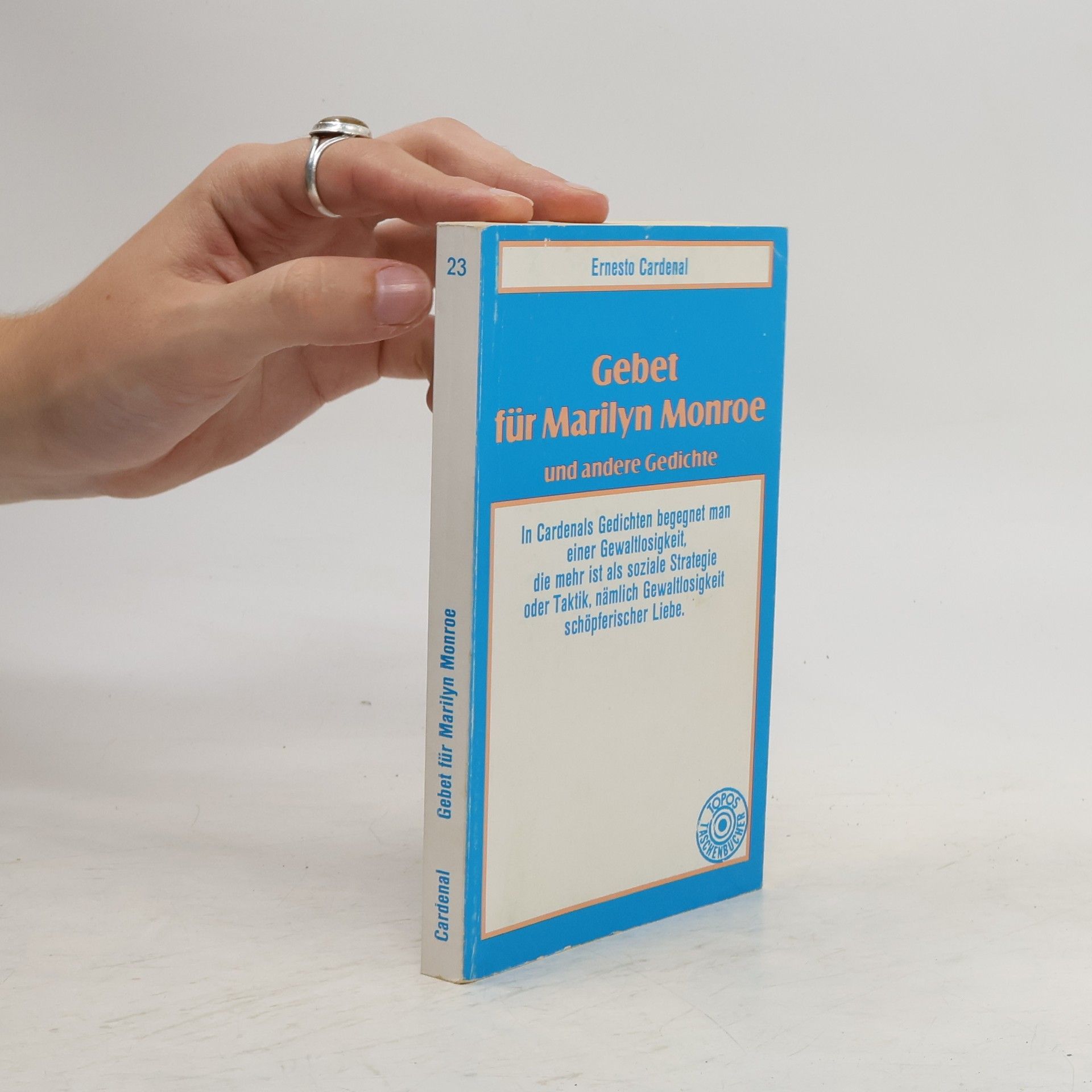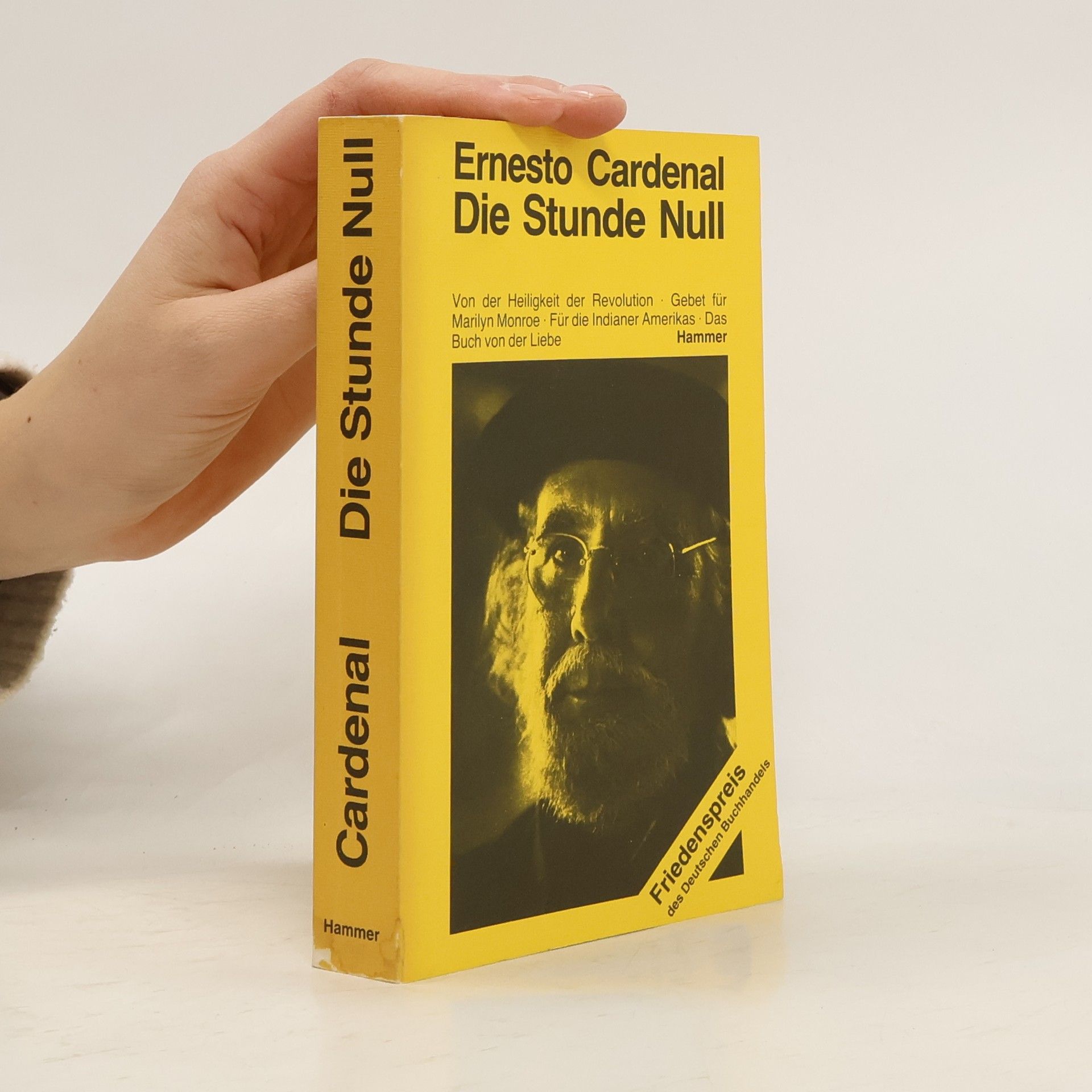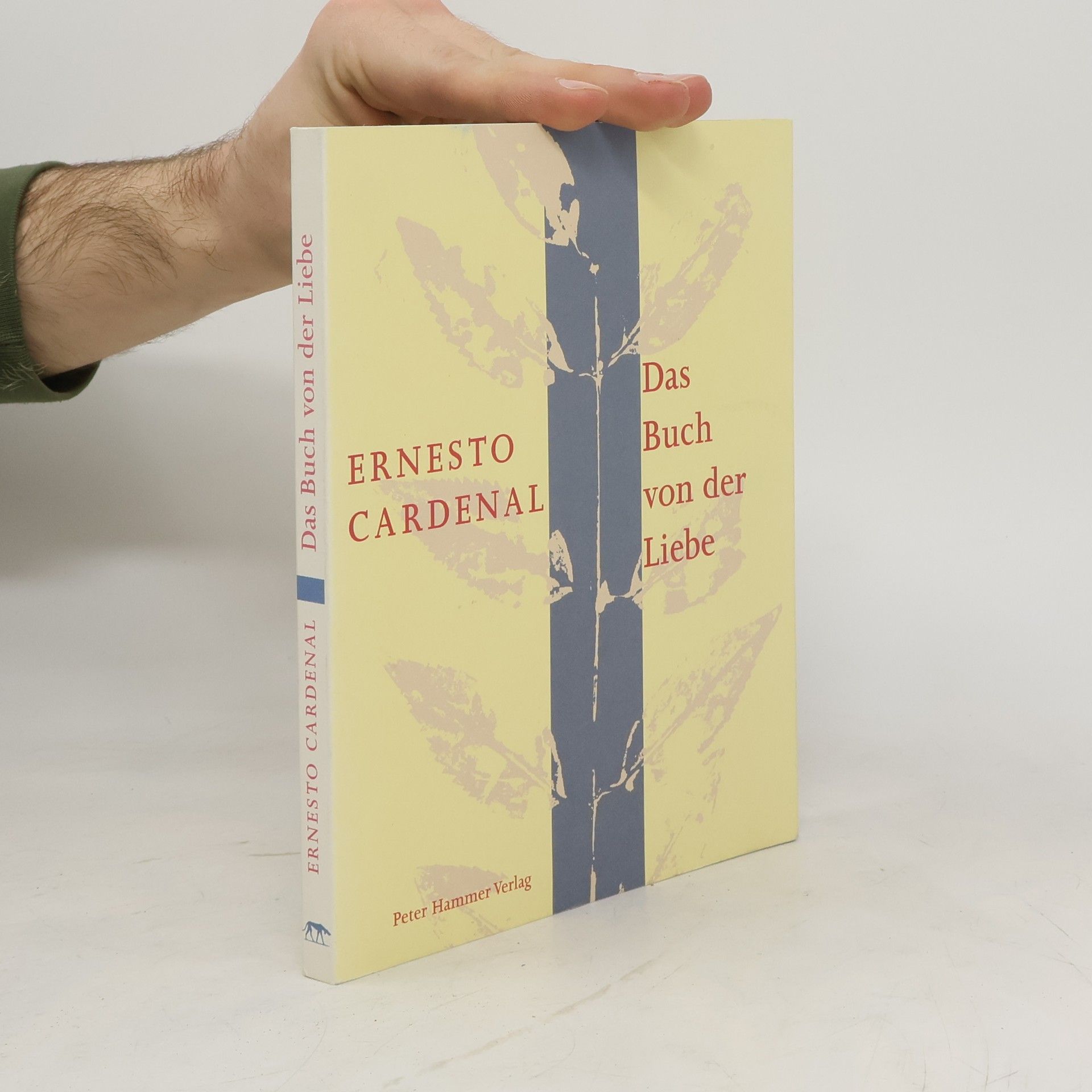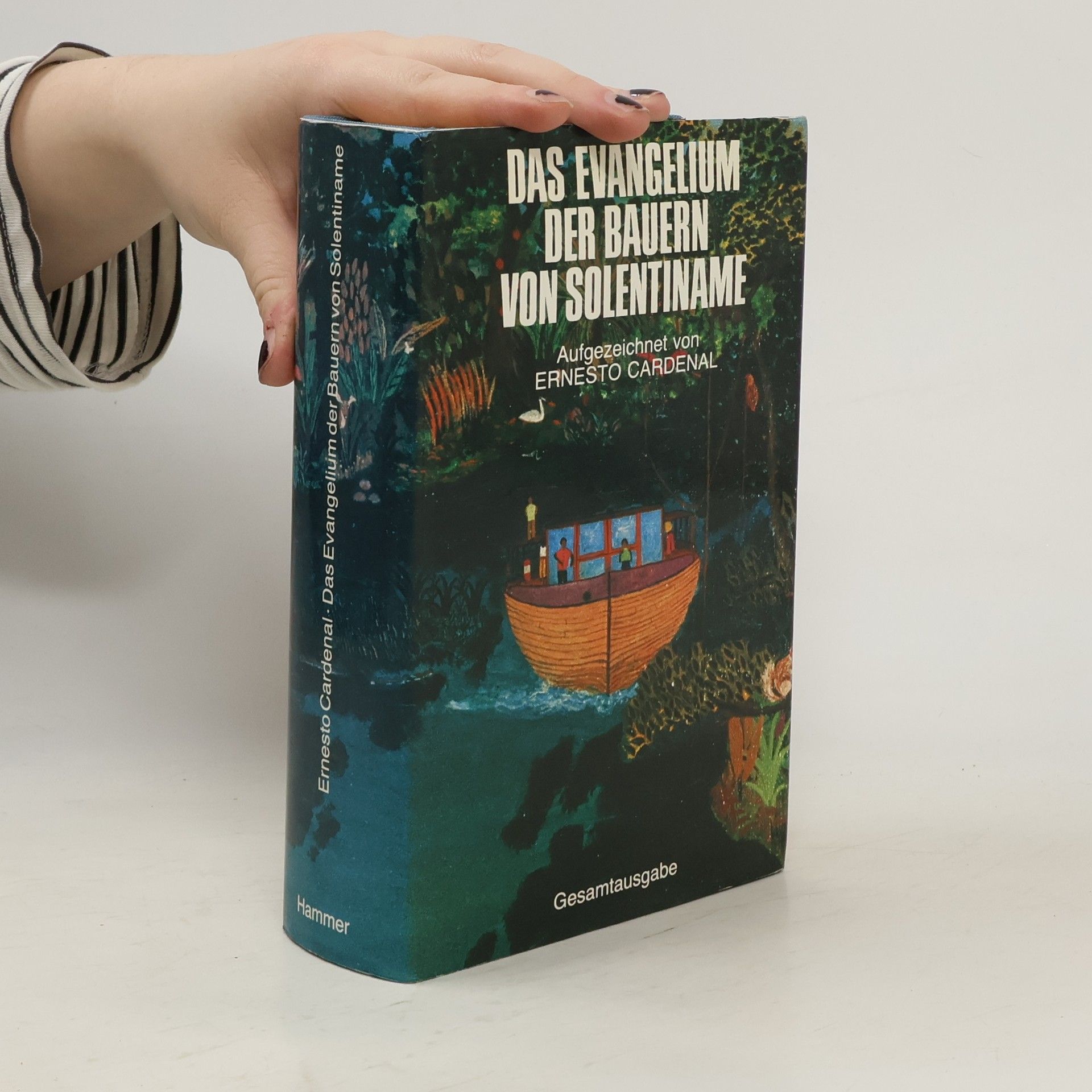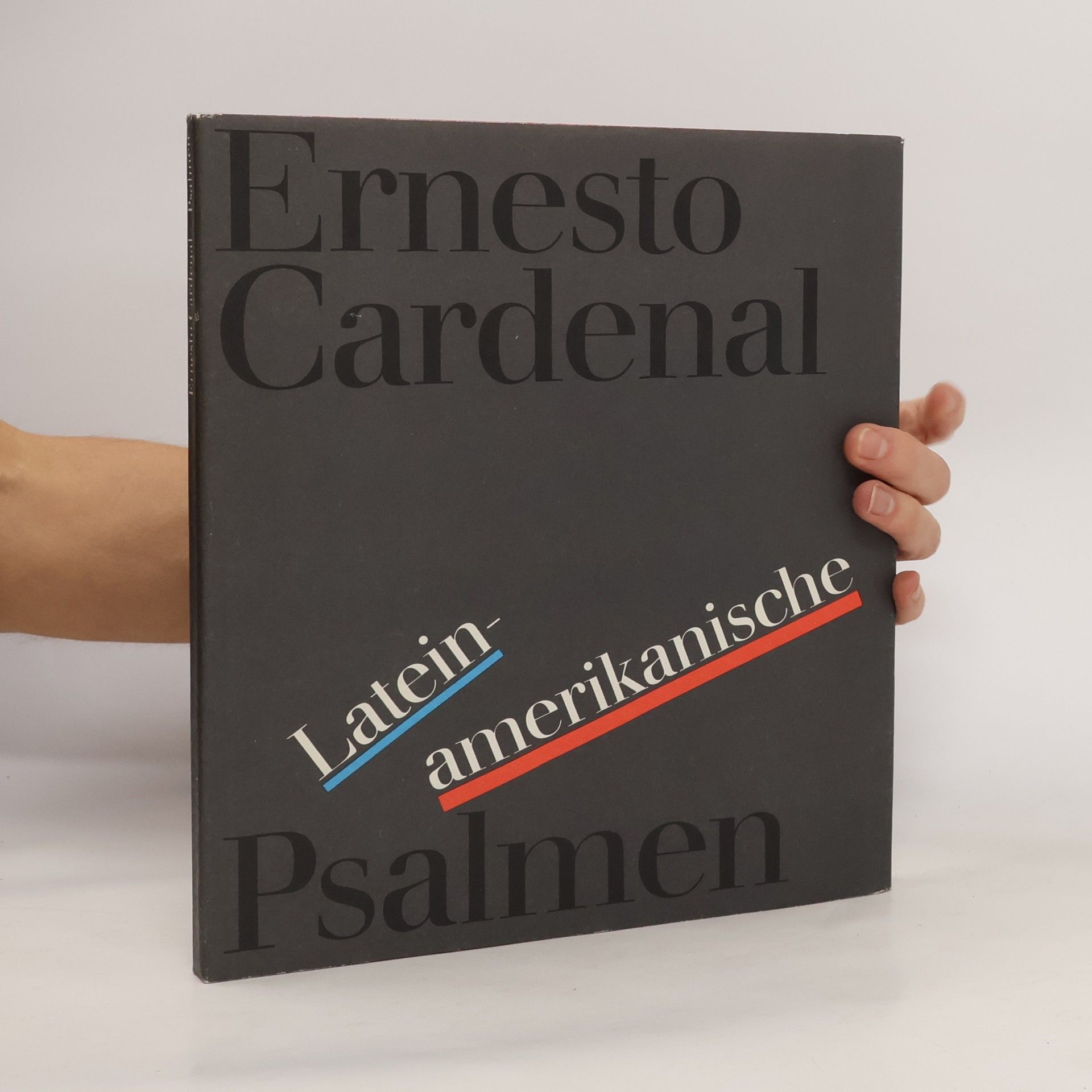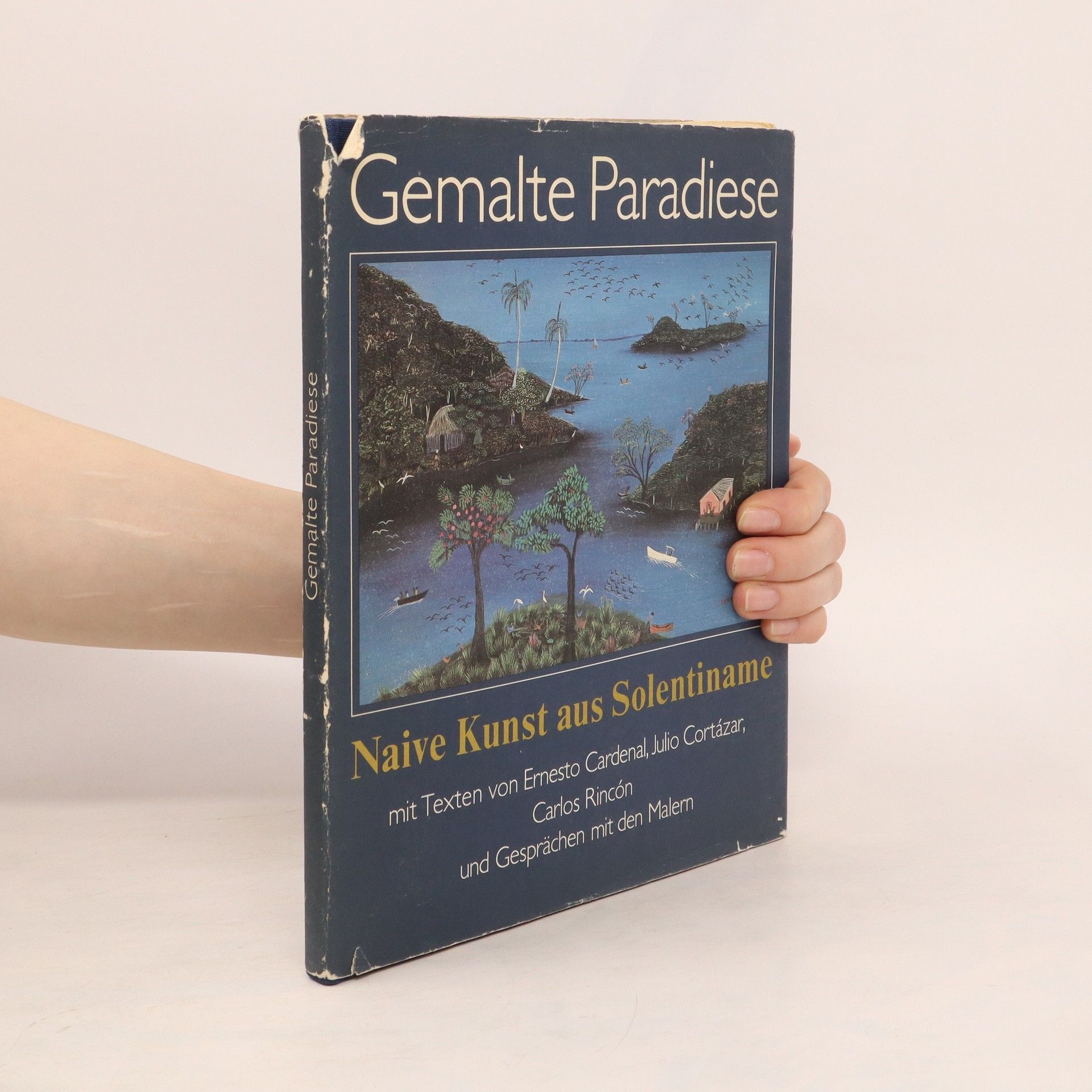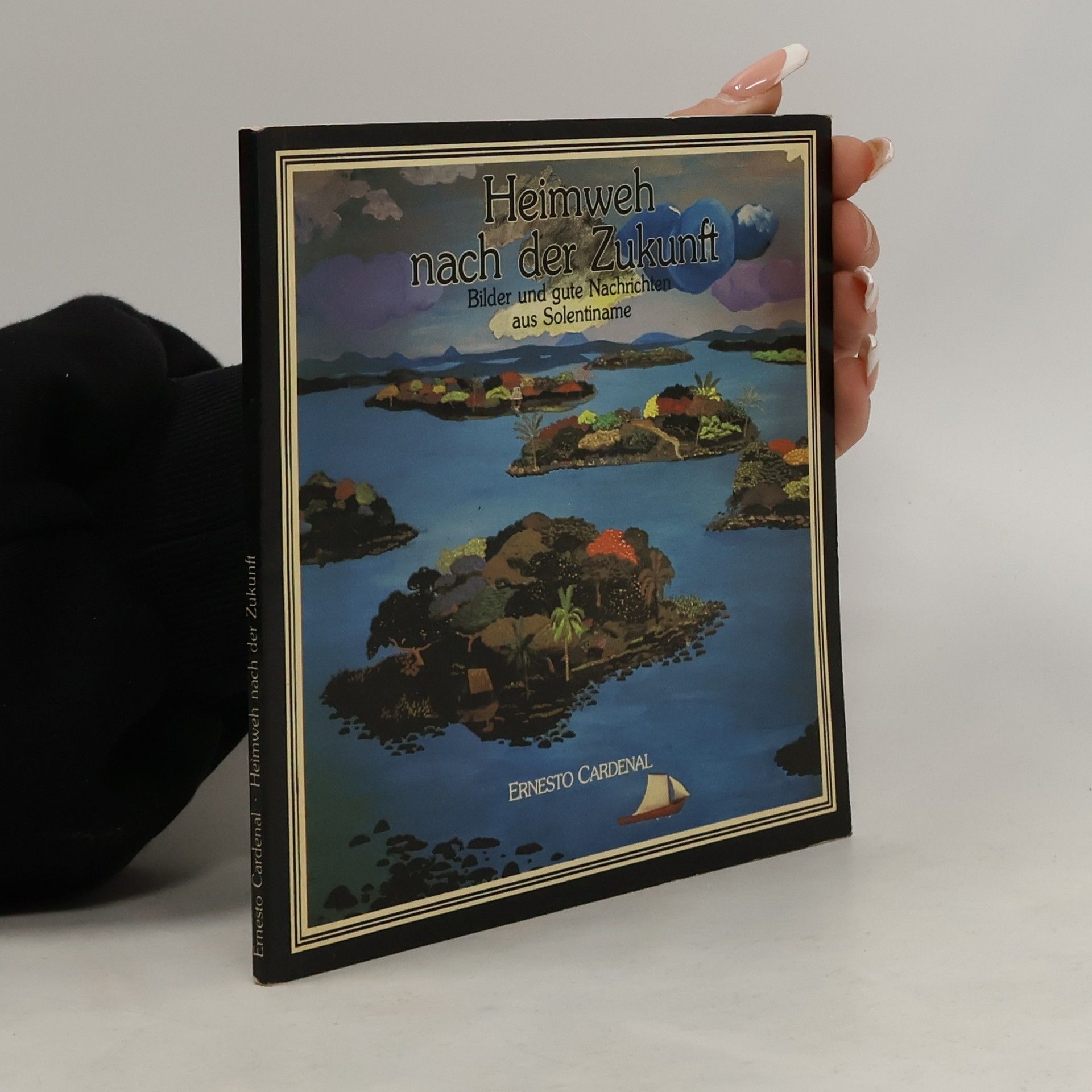From the Monastery to the World
The Letters of Thomas Merton and Ernesto Cardenal
- 354pages
- 13 heures de lecture
The correspondence between Thomas Merton and Ernesto Cardenal reveals their deep commitment to spiritual contemplation intertwined with activism for social justice and human rights. This collection, translated into English for the first time, showcases their poetic exchanges and shared dedication to raising global awareness about pressing social issues, reflecting their courage in risking personal safety and reputation for the greater good.

